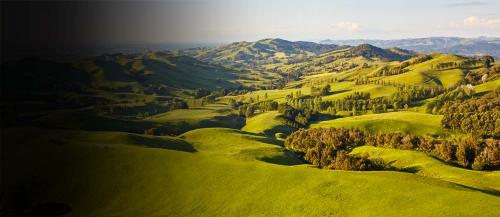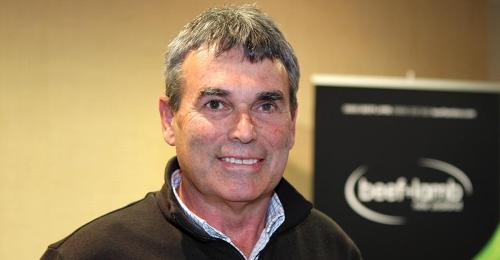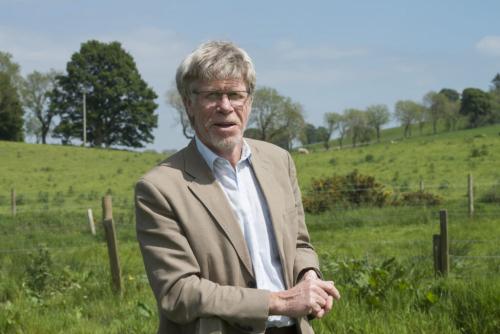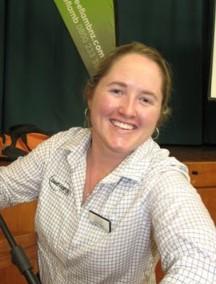Search results
Displaying 101 - 110 results of 819
- News… entering the NZ Emissions Trading Scheme (ETS). B+LNZ chief executive Sam McIvor says … of sequestration and transitioning to the ETS there is more clarity required and work to … the related issue of emissions reduction targets. “B+LNZ has worked hard for the past few …

- Resource book… consume larvae internal parasites live droplets water films grass larvae have developed … lower some types scrub see wwwkikonuicomassetspdf weedspdf more complete guide managing … use remain viable see next chapter system lets goats goats best many examples how can …
- Page… complementary land use diversified markets additional revenue other pastoral farming … premium programs fap merino etc emissions offsets ets clearly desire consider biodiversity …
- … Information on the consultation This story sets out what was proposed, how we informed …

- … new zealand red meat promotion export markets can gain higher returns continuing improve … advocating employment legislation better meets unique needs meat industry 5 environment … our products our unique brand overseas markets significant farming improvements recent …
- Page… what once killed them. This adaptation gets written into their DNA and passed on to …
- VideoFor more information on winter grazing follow this link . …
- Podcast… Trevor Cook from Totally Vets Manawatu is well-known by farmers around …

